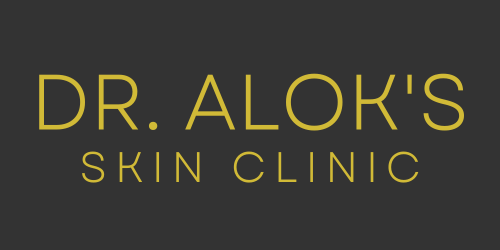
Eczema
Atopic Dermatitis:
Although it remains unclear as to what the cause of the condition is, dermatologists believe environmental factors such as mold, pollen, and pollutants play a role in triggering an episode of Atopic Dermatitis. Soaps, detergents, and perfumes are also believed to trigger the condition.
Nummular Dermatitis:
(a.k.a. nummular eczema) appears as itchy “coin-shaped” areas of inflammation and can be crusty or scaly.
Nummular Dermatitis is a common form of dermatitis that develops after the skin experiences trauma (skin injury such as a burn, abrasion, or insect bite). That being the case, the most common areas that develop nummular dermatitis are arms, knees, legs, and buttocks. The hallmark of this condition are unique coin-shaped (nummular) or oval lesions and patches of irritated and itchy skin.
Xerotic (asteatotic) Eczema:
(a.k.a asteatotic eczema), in this type of eczema, extremely dry skin becomes inflamed and may require treatment beyond moisturizers.
Contact Dermatitis:
in this form of eczema, skin irritation can form from excessive contact with irritants (e.g., soap, detergents, harsh chemicals) and allergens (e.g., poison ivy, nickel, fragrances, etc.). Contact dermatitis brings along redness, itching, and burning in areas where the skin has come into contact with the allergen.
Due to the vast number of substances with which individuals come in contact with on a daily basis, it can be difficult to determine the exact trigger for contact dermatitis. When the contact leads to irritated skin, the eczema is called irritant contact dermatitis. As with atopic dermatitis mentioned above, it is very common to find that those with contact dermatitis have a family history of the condition.
How is eczema treated ?
There are many helpful, easy ways to treat or soothe eczema. The first step is to avoid irritants or allergens, to which your body may react. Vigilant moisturization is the mainstay of treatment of atopic dermatitis and is also quite helpful in other forms of eczema. Gentle skin care is also recommended:
- Avoid extremely hot or extremely cold showers/baths
- Avoid fragrances (perfumes, colognes, cleansers, detergent, etc.)
- Avoid other irritants such as tight-fitting clothing. If a patient with eczema also has food allergies, avoiding those foods may help resolve eczema symptoms.
- Bathe for 5-10 minutes with a gentle cleanser no more than once daily followed by patting skin dry and immediately moisturizing the skin
- Use bland, fragrance free emollients (moisturizers) at least daily. Ointments and creams are best. For active flares of eczema, placing a lukewarm, clean cloth on the affected area or soaking in lukewarm water can help to soothe the itch. An emollient MUST be applied immediately after removing the cloth or exiting the bath.
- Take baths with rice starch added to the bath water or bleach baths using one quarter cup of bleach for a half-full bath or one half cup of bleach for a full bath. Immediately apply moisturizers after these baths.
- Avoid using alternative medicines such as herbal therapy, vitamins, naturopathy, traditional healing, homeopathy, and Ayurveda. These treatments may have allergens and irritants that can trigger an eczema reaction.
- A dermatologist may also prescribe a topical corticosteroid. These steroids help with both acute and chronic eczema and help to reduce inflammation.
- Eczema, especially atopic dermatitis, is often secondarily infected, so your dermatologist may also prescribe antibiotics or anti-bacterial cleansers to treat any associated infections. Rarely, in severe cases, eczema is treated with systemic medications that alter the immune system.
- Instead of scratching and irritating the skin, one should use a cold compress to control the uncomfortable sensation and should visit a dermatologist to start an appropriate treatment plan.
- To learn more about Eczema, contact us today to schedule an appointment with our dermatologists.
